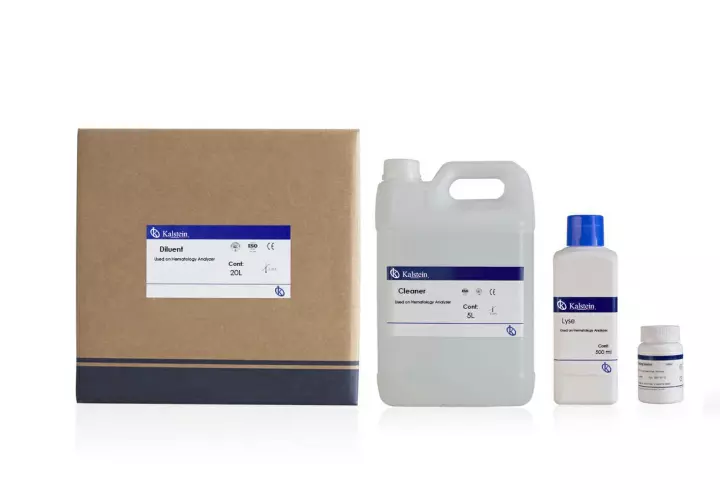Innovation in reagents for hematology and biochemistry laboratories remains an important area in the biomedical community. These reagents are used for differential diagnosis, including infectious diseases, and for clinical biochemistry analysis. Since the advent of computer technology and laboratory medicine, advances have been made in accuracy, precision, efficiency, and comfort.
One of the areas in which reagents for hematology and biochemistry laboratories have recently been improved is in the use of reagents for measuring cell content. These reagents are based on the receptivity of a chemical to binding with a pressurized solution or other chemical compound. This innovation increases the accuracy of cell content measurements and the results of laboratory analyzes benefit from high levels of accuracy.
What are the recent advances in laboratory reagents for clinical use?
One of the most important products of innovation in laboratory reagents is the use of imaging technology for diagnosis. Many hematological diseases are characterized by the content of specific cell bodies. This imaging technology, supported by specific reagents, can greatly increase the accuracy of anemia diagnosis, for example. These innovations contribute to early diagnosis, optimal treatment outcome, and ultimately to the reduction of costs associated with research into these diseases.
Innovation in laboratory reagents has also involved the use of more sophisticated equipment. These areas include the use of state-of-the-art equipment for hematological and biochemical analysis. As such, more tests can be run on a single sample with high levels of accuracy. This translates into more accuracy in the results, but also in the reduction in the time to obtain the results.
Technological advances in laboratory reagents also include the introduction of computer equipment. This means that laboratory reagents can now be automatically labeled for more accurate test results. The implementation of this process significantly reduces human errors and allows laboratories to reduce reporting times of results.
Innovation in sampling and precision of analysis
All these advances in laboratory reagent technology have also contributed to innovation in sample collection. Harvesting techniques have significantly improved their accuracy and accuracy. This means that researchers can now collect samples more quickly and accurately. These improvements allow researchers to obtain more accurate results for a much larger number of samples in a much shorter time.
Continuing with the theme of innovation in laboratory reagents, extensive scientific efforts have been made to improve biosensors’ commitments. These commitments aim to improve clinical and nursing processes by constantly monitoring cell content. This innovation also increases the accuracy of clinical analyzes, contributing to optimal patient outcomes. Innovation in reagents has also enabled – through precision medicine laboratories – researchers to study cellular behavior more accurately than ever before.
The importance of innovation in laboratory reagents
Finally, the innovation of laboratory reagents has also contributed to personalized medicine. This innovation has given medicines a higher success rate by providing results based on measuring cell content. These advances have helped advance personalized medicine, which in turn translates into additional benefits for the patient.
In conclusion, innovation in reagents for hematology and biochemistry laboratories has resulted in important improvements in clinical procedures and in medicine outcomes. These innovations include the use of more sophisticated equipment and reagents, the implementation of imaging technologies, and the collection of accurate data. This has contributed to the development of more accurate diagnostic tests, the delivery of precision medicine biotechnology, and personalized medicine.
Kalstein news on laboratory reagents
Kalstein, as a medical equipment manufacturer, is aware that reagent innovations have enabled doctors to identify diseases much earlier, establish the right treatment, and deliver improved patient health outcomes. In particular, the study of blood chemistry and hematological analyzes can be done quickly with the reagents supplied by the company. The purchase and sale of our reagents, as well as the prices, are managed through the websites HERE and HERE.


